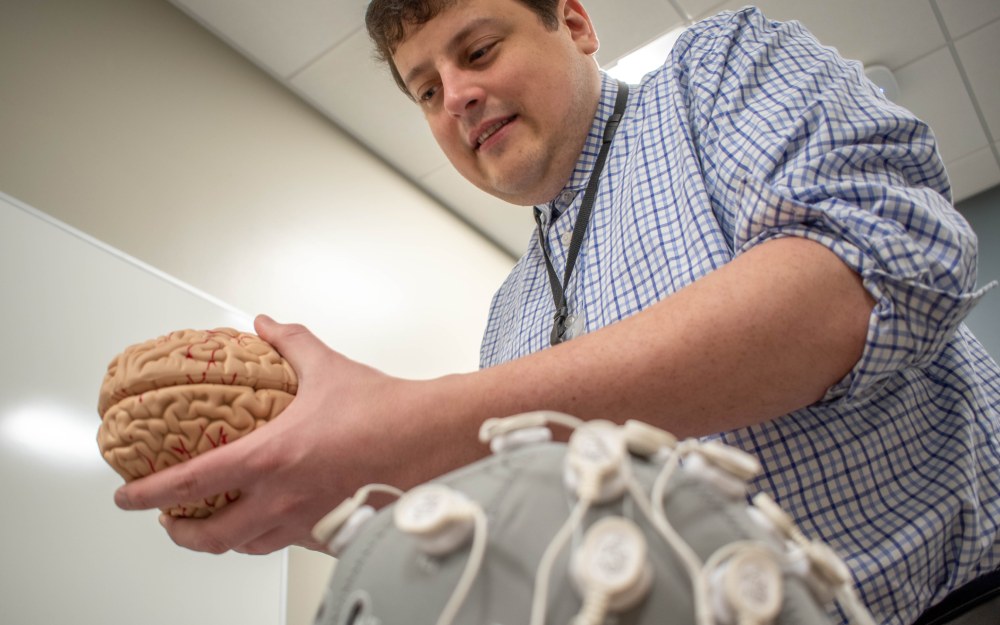
Brian Kay, chief of administration, discusses Rogers’ use of AI on expert panel
10/17/23 03:30:pm
Artificial intelligence is taking center stage in a variety of healthcare settings, and Rogers is adding to the conversation. Brian Kay, PhD, chief of administration, joined an expert panel hosted by Wisconsin Health News in Madison to discuss the role of AI in healthcare - current state and what’s on the horizon.
“AI may be an excellent platform for taking different pieces of a patient’s medical record and giving the ability to potentially predict or augment clinical decision-making,” says Dr. Kay. “By no means will AI replace clinicians or make decisions for them, but it is a tool to guide patient care and help our team understand things that they may not be seeing in the chart.”
Dr. Kay says Rogers is one of the few behavioral healthcare systems utilizing AI. Currently, it’s being leveraged in two important predictive models.
Predicting risk of suicide in adult inpatient care
“We entered a vast amount of data with the goal of knowing the characteristics that are predictive of someone completing suicide,” he explains. “With the dozen or so data points we received, we put that into what can be thought as a calculation that we call the suicide risk predictor, that runs in Cerner. Our clinicians can see whether a particular patient may be at risk of suicide, which is critical because that informs their protocols.”
Dr. Kay says Rogers developed the suicide risk model with Cerner, and he’s anticipating a second version to be released within the next year or so.
Treatment response model
“We took the information that’s collected during admission as part of our initial outcome measures and combined that with information from former patients to see who did and did not respond to treatment,” he says. “What we found is the AI treatment response model is highly predictive. On day one we can say with a high level of confidence whether a patient is going to respond to treatment. The treatment team can then look at modifying interventions so the patient has a better chance of responding.”
Dr. Kay says there was a lot of discussion about ChatGPT, which is a form of generative AI, and how it will likely make its way into healthcare.
“That could look like listening in to patients and clinicians talking and then summarizing that discussion into a note or going through the medical record and generating discharge summaries for review and editing by clinicians,” he says.
While it has the potential to reduce the burden of documentation by automating it, Dr. Kay says that based on where the technology currently is, its use in healthcare will be limited until there is broader testing in the field.





